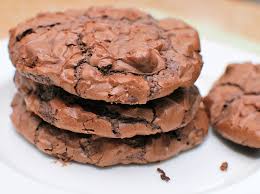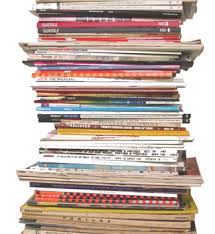So you know you’re internet savvy, but are you searching smart? For writers the computer can be a work boosting best friend with keys to beat up or embrace with words, grammar, spell check, and all of the bells and whistles of Microsoft Office suite. But then there’s that great black cloud called the internet, where useful information and innovative ideas lie in the same nebulous spinning orb as Facebook, Twitter, and tumblers with Ryan Gosling and kittens. Now, now we know that social media is important for the aspiring writer. In the world of e-book self-publishing and small house presses…heck even big time houses, self branding, marketing and PR skills are a must. We will get to more of those in future posts.
Today we are talking about the time you spend on Facebook scrolling through photos of your friends until your back in high school, wondering why people thought that wearing dresses over jeans was a good idea, clicking on youtube links to s___ people say videos (we’re keeping it pg here), or trying to decode the meaning of the newest twitter hashtags.
Briefly lapsing into cyber space certainly relieves tension from hours spent at work, which we all need to do occasionally, but if you’re trying to stay on a writing schedule it’s best to come to quickly, or at least find an alternate way to pass (key word pass— not waste) time. If you can’t get back to your own writing, better to consider rerouting to work and self boosting web outlets instead of time suckers…as much as we all enjoy them.
The Scribbler Suite has selected some of our favorite writer related sites to share:
http://thisrecording.com/today/category/the-world
This site includes a mix of everything, from flash fiction pieces and short memoirs, to articles on favorite movie stars, with an “Arts” category that includes literature, artwork, poetry, film, TV, and music. The “Places” section has memoir, travel pieces, and personal essays from across the globe. This is a nice way to get a dose of pop culture along with inspiration from various artist angles.
http://fictionwritersreview.com/
We’re embracing this suggestion offered by Erika Dreifus in the latest issue of The Writer magazine. This site is run by a group of writers dedicated to reviewing forthcoming fiction titles, while also hearkening back to the classics to spur literary dialogues on why we love fiction and what constitutes strong stories. The blog also includes author interviews and essays, and offers authors a chance to submit a query of their latest novella or novel to be considered among review subjects.
Submissions, submissions! What better way to cure writers block than to start searching for where to submit your latest project or even future stories. This site offers a searchable database of fiction and poetry markets. It’s worth taking some time to see who’s out there and if there are presses specific to the genre you are or plan to work towards publishing in.
http://www.openlettersmonthly.com/likefire/
Ever wonder about the stories behind your favorite books? The “Novel” section of this site includes back stories of published works, exploring the personal history of authors and how it played a role in writing their novels, along with an analysis of selected book content. “Open Letters Monthly” links to a full book review page with titles spanning all subjects.
Try these sites on for size. We will continue to offer posts of useful writing links and time passing web pages that are fun to peruse, while also offering alternate ways of thinking about your next big project. If you have a tip please share it with us, we’d love to hear what else is waiting to be discovered on the web! Remember once your done surfing…start scribbling!


